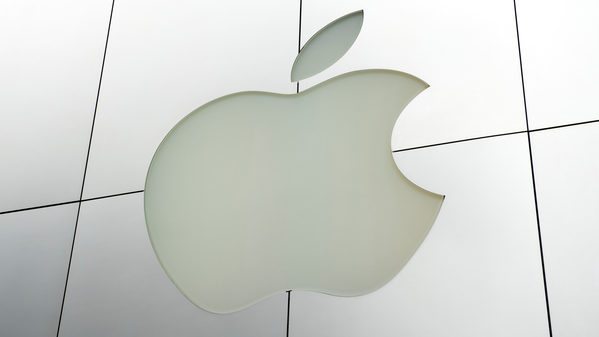Apple is shaking things up once again and this time they’re targeting the digital cookie. Tucked neatly into the rollout of their iOS 11, Apple has included a new feature; Intelligent Tracking Prevention (ITP). ITP was designed to strengthen Apple’s ability to block third-party trackers and stop them from collecting information about users’ web browsing experiences. Created to safeguard the data of users by using machine learning, ITP has caused an uproar in the digital community, especially among online advertisers. The uproar is in response to ITP’s ability to block retargeting ads.
Retargeting with the digital cookie.
Retargeting ads are the bread and butter of many digital advertisers, so the negative reaction was to be expected. However, ITP only partially blocks the use of digital cookies—more specifically, the use of third-party cookies after a 24 hour period of time has elapsed. That means advertisers’ ability to track consumer data in Apple’s Safari browser will be greatly limited and diminished.
The impact of Intelligent Tracking Prevention.
There are four things to keep in mind as ITP goes into full effect:
- Advertising services, such as Kenshoo, and many third-party networks will be limited in their ability to track conversions, and cookie suppression will take place after 24 hours.
- ITP is a default setting in iOS 11, which means that users will have to manually disable it for cookies to remain unblocked.
- Measuring the impact of conversions will be a complete mess until third-party advertisers can figure out how to mitigate the effects of ITP.
ITP is the anti-cookie tracking feature that digital marketers hoped they would never see. Some advertising groups went so far as to say that the new feature has the potential to “sabotage the economic model for the internet.”
No more personalized ads for third-parties.
Personalized ads were a revolution when they first appeared (courtesy of digital cookies). It gave advertisers the ability to see everything their potential consumers were interested in, and based on those interests, they could target them with ads specifically catered to those interests.
ITP makes personalized ads much more difficult. Not only are third-party cookies blocked, but some first-party cookies will also be blocked if the user hasn’t visited the website in the last 30 days. According to ZDNet, Apple’s intent “is to ensure that users only have persistent cookies from sites they interact with while tracking data is continuously cleaned out.”
What will be the potential result of fewer personalized ads? Generic, boring advertising. Without the ability to review and target consumer data, advertisers will be forced to create ads for a much broader audience that won’t appeal to individual interests.
An open letter to Apple signed by multiple advertising groups stated that “blocking cookies in this manner will drive a wedge between brands and their customers, and it will make advertising more generic and less timely and useful. Put simply, machine-driven cookie choices do not represent user choice; they represent browser-manufacturer choice.”
While it’s too early to see just how big of an impact ITP will have on digital advertising, it’s clear that third-party advertisers will need to find new ways of reaching their consumers with targeted content.
-FINAL(01-00)-White&Blue-01.svg)





